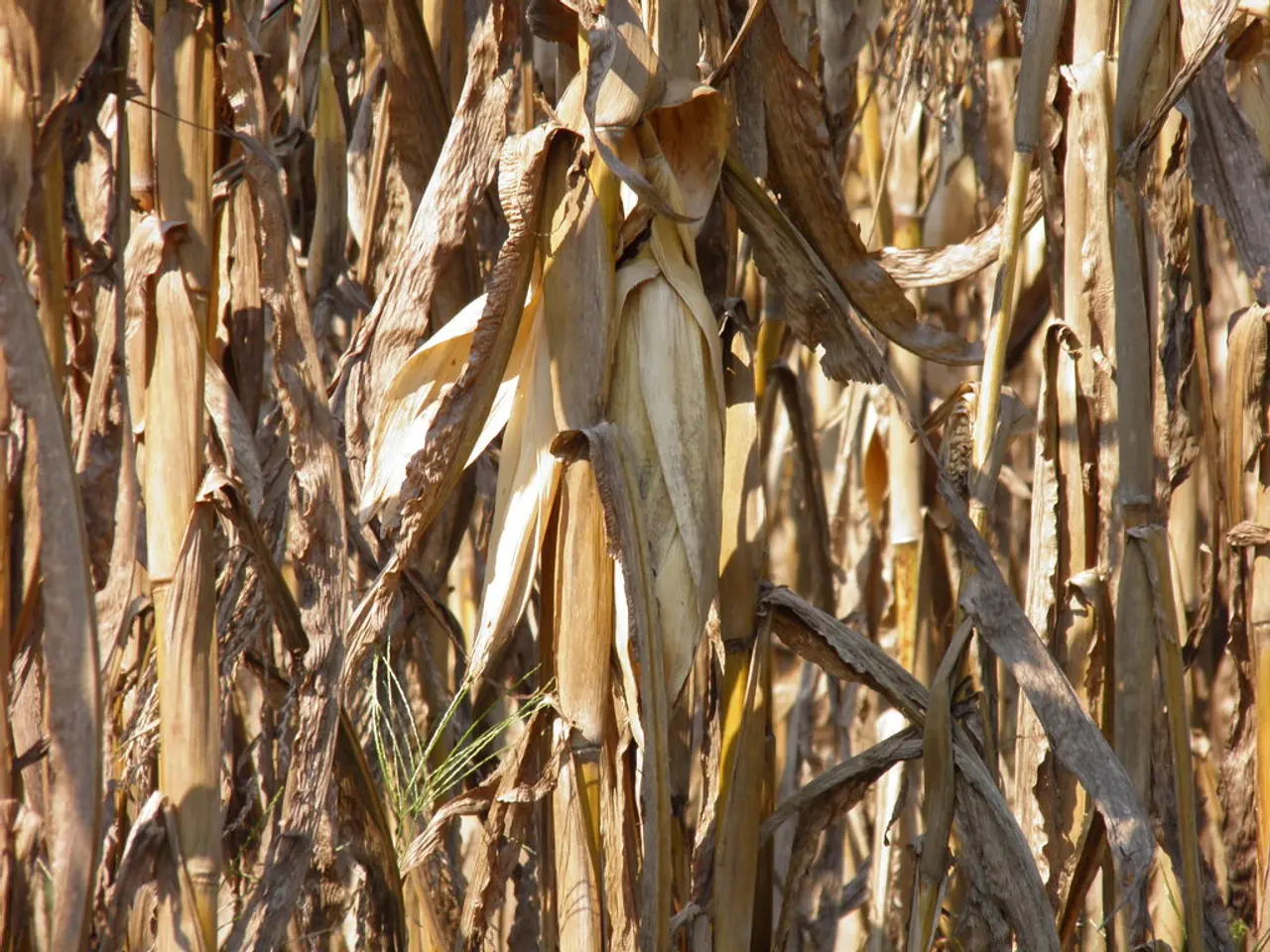Economically Shared Approach for Managing Agricultural Waste
The Cleaner Air Better Life Crop Residue Management Programme, an initiative led by the Confederation of Indian Industry (CII), has made significant strides in its mission to manage crop residue in a way that reduces air pollution and improves air quality. Originally piloted in two districts of Punjab and Haryana in 2018-19, the programme has now expanded to 793 villages and 13 districts across the two states.
The expansion of the Cleaner Air Better Life Crop Residue Management Programme is a testament to its success and the growing recognition of the need for effective crop residue management. The programme was initially launched as a Central Sector Scheme of Crop Residue Management (CRM) by the Government of India in 2018.
The intervention centralises tools at the level of 3-4 villages, minimising idle time and maximising usage. This is achieved through the leveraging of farmer cooperative societies that operate tool banks and provide short-term agricultural loans. The shared economy for CRM allows cost-effective access to high-cost equipment for farmers, bridging the viability gaps in tool availability at the farmer cooperative level through private sector or CSR support.
The main principle of the shared economy in CRM is efficient resource utilisation, focusing on maximising the usage of farming tools. This approach not only benefits the farmers by providing them with cost-effective stubble management solutions but also contributes to the overall goal of reducing air pollution and improving air quality.
The Cleaner Air Better Life Crop Residue Management Programme is part of CII's broader national initiative, the CII-ITC Centre of Excellence for Sustainable Development. The programme is also supported by the India CEO Forum for Clean Air, demonstrating the commitment of both the private and public sectors to addressing the issue of air pollution.
However, the programme still requires government support to continue its expansion and achieve its goals. The development of decentralised rural straw banks and the promotion of cost-effective cultivation with technology are key areas where government support can make a significant difference.
In conclusion, the Cleaner Air Better Life Crop Residue Management Programme is a promising initiative that is making a positive impact on air quality in Punjab and Haryana. With continued support from both the private and public sectors, it has the potential to become a model for effective crop residue management across India.
Read also:
- Increase in Electric Vehicle Charging Stations Across U.S., But Is It Sufficient?
- The current status of green hydrogen for developing countries following the wave of hype: Assessment of remains
- Rapid Growth in Bio-based Polypropylene Sector Anticipated at a Compound Annual Growth Rate of 26.5% by 2034
- Potential Fire Hazards in U.S Power Grids Due to Artificial Intelligence Data Facilities








